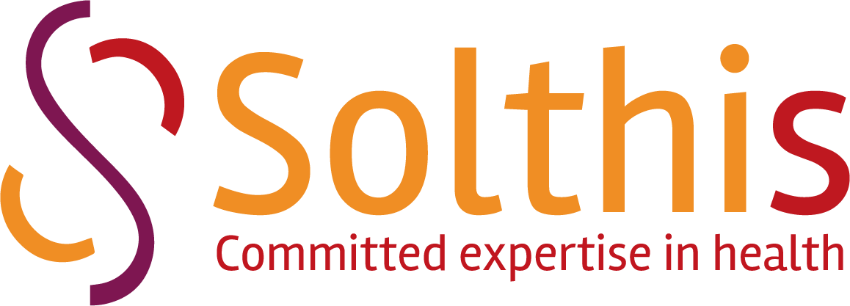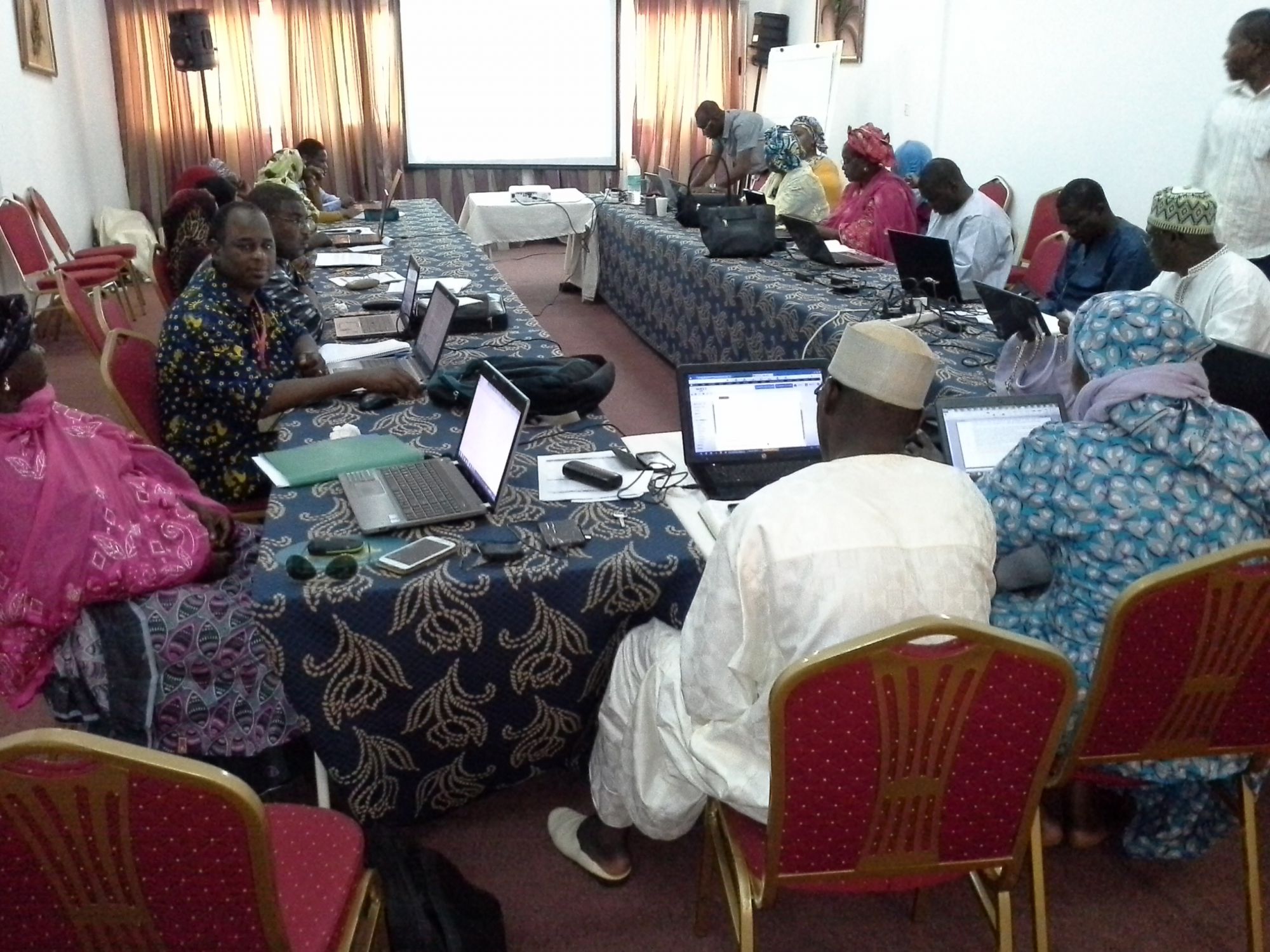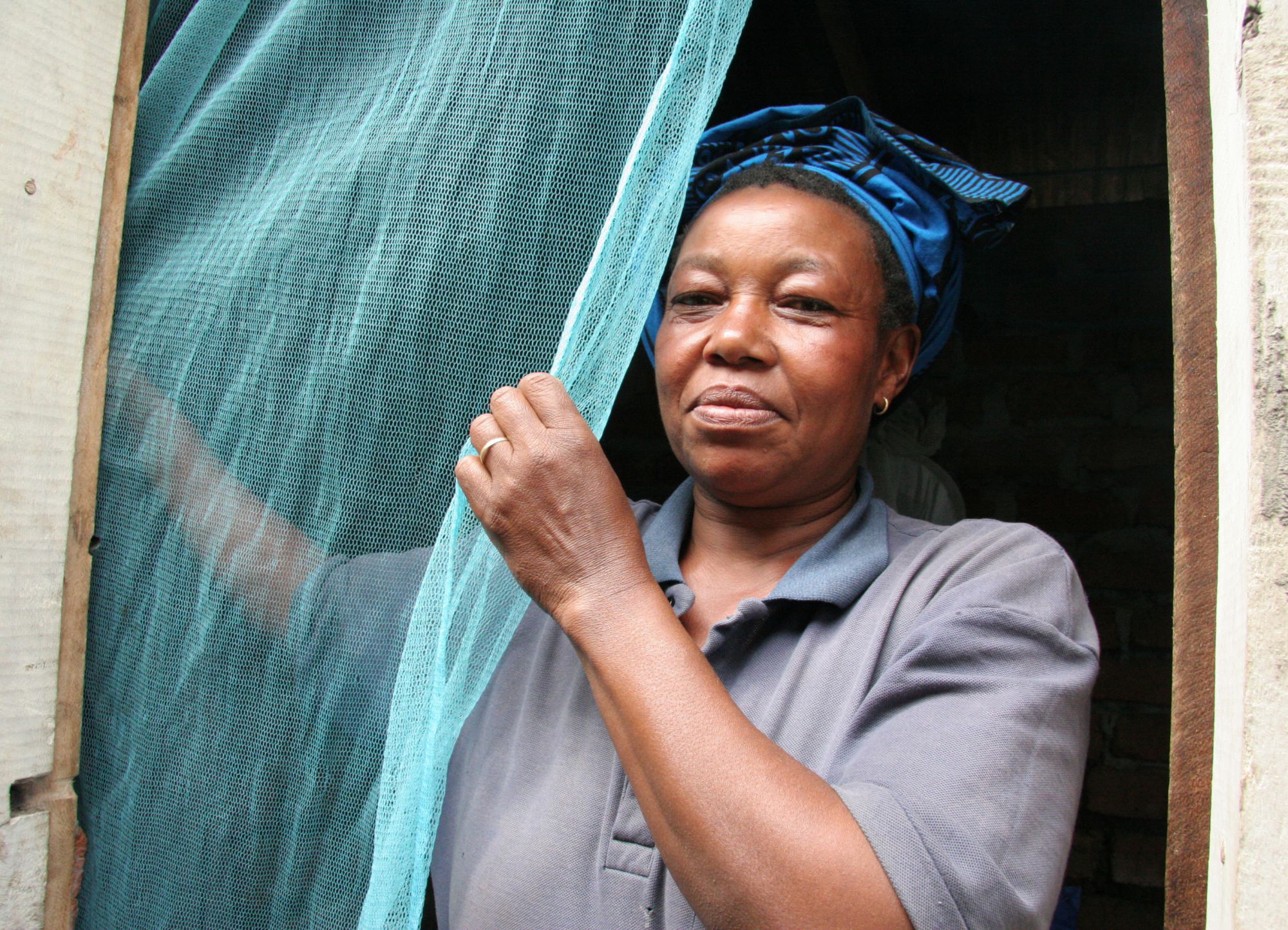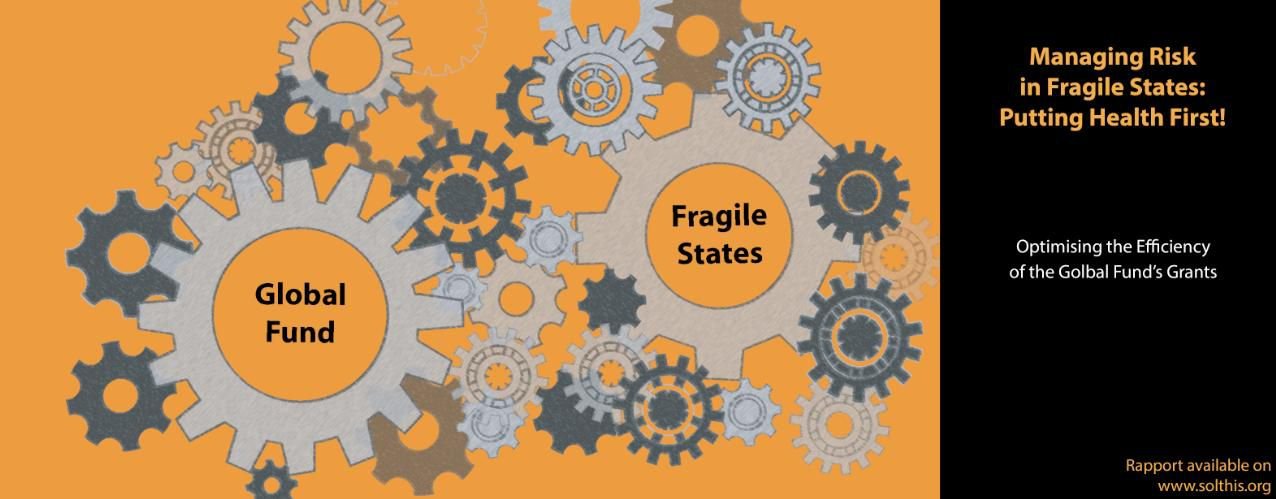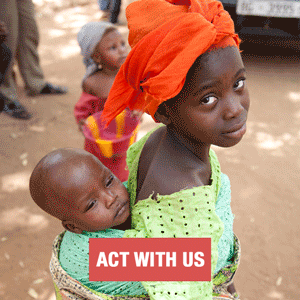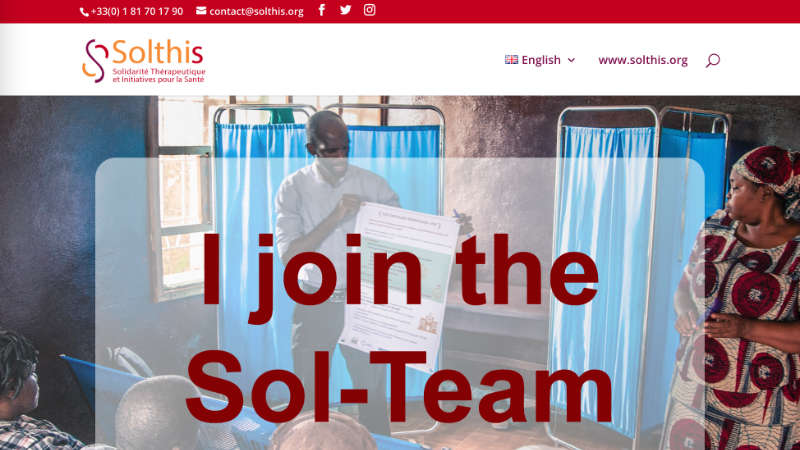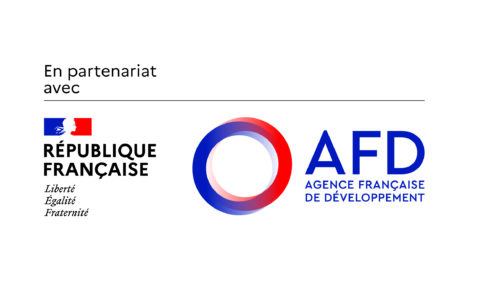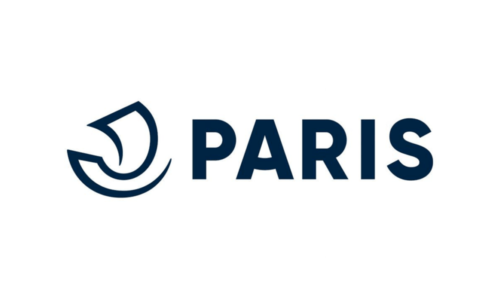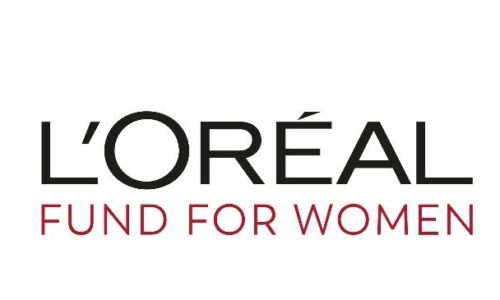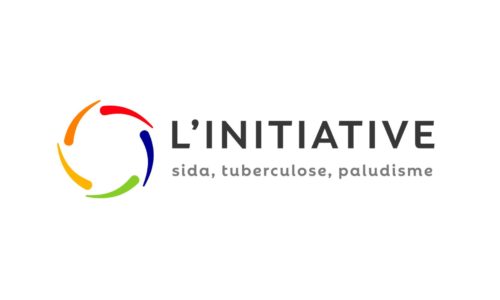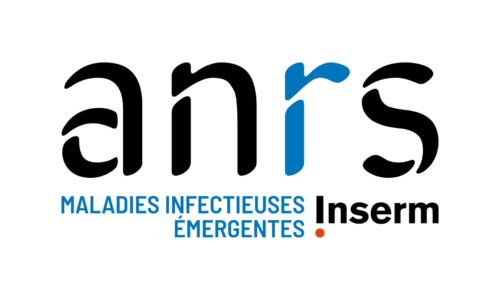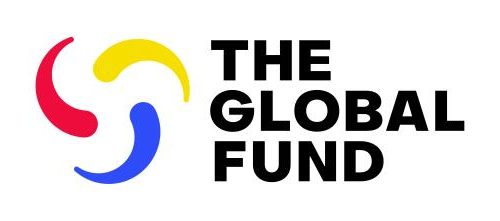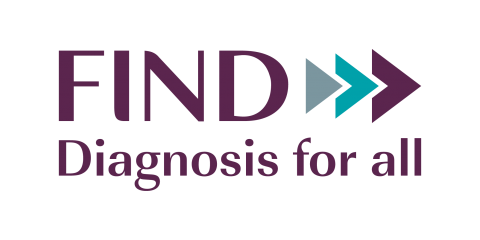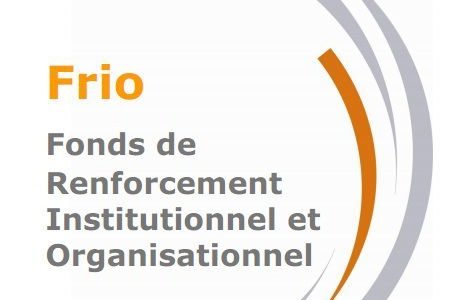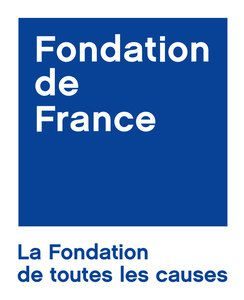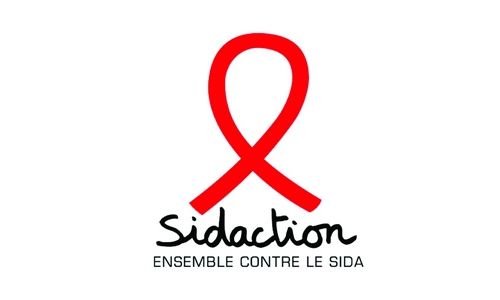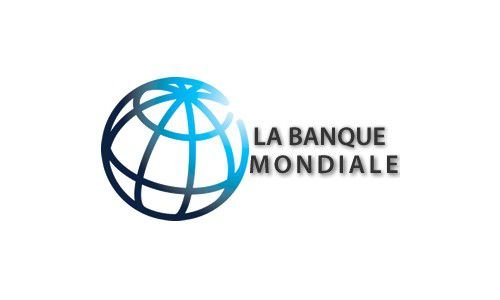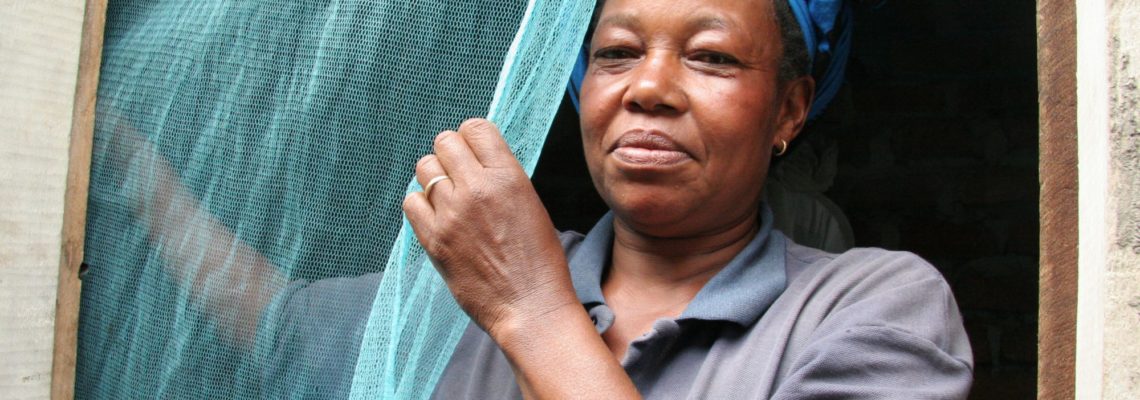
The Issues
In 2017, 219 million cases of malaria were identified by the WHO, and 435,000 people were killed. Pregnant women and children under 5 are particularly vulnerable, with children accounting for 61% of malaria-related deaths. Africa is the continent most affected by the disease, with 92% of cases. Major progress has been made since 2010, by the use of insecticide-treated mosquito nets, by preventive treatment (seasonal chemoprophylaxis for children, intermittent preventive treatment during pregnancy), by the development of rapid diagnostic tests, and by the use of artemisinin-based combination therapies, which have reduced mortality by 29% compared to 201017.
Naturally, there is still progress to be made, since only 50% of people are estimated to sleep under an insecticide-treated mosquito net, only 56% of children in the Sahelian Zone have benefited from intermittent chemoprophylaxis, and only 22% of pregnant women have benefited from the 3 doses of preventive treatment recommended during pregnancy. Early diagnosis and prompt treatment are the most effective means of preventing the deterioration of malaria and associated deaths; however only 52% of children with fever seek treatment at a health centre, and amongst these, 40% do not benefit from a rapid diagnostic test.
Solthis’ Action
Our priorities for 2019-2021:
- improving care uptake through community mobilisation, use of rapid malaria tests as part of improving integrated mother-child management (IMCI), and integrated management of childhood fever (SAFIR and Optifare projects).
- developing innovative approaches to the treatment of gestational malaria.
